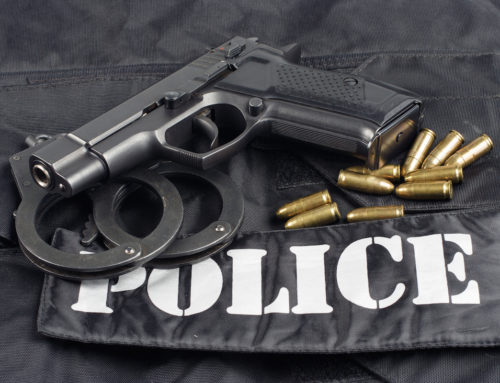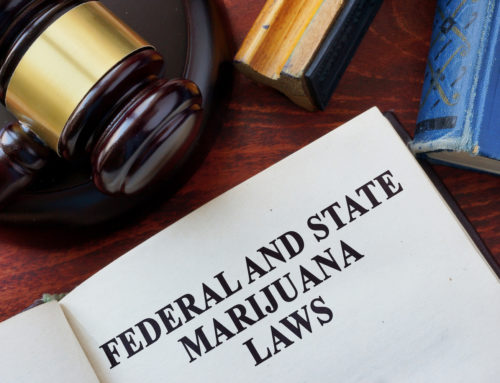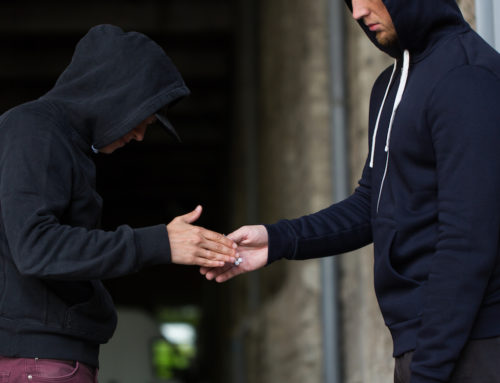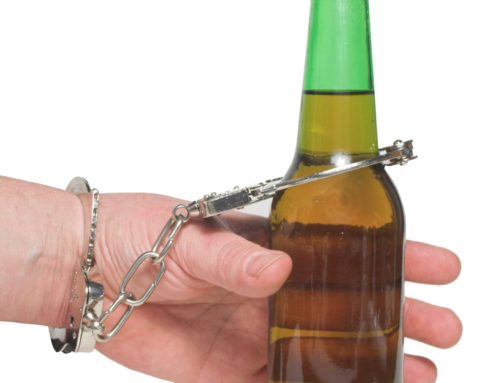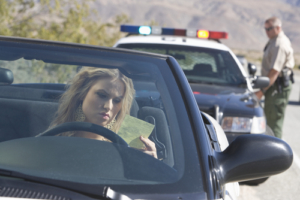 California DMV Lawyer
California DMV Lawyer
Unfortunately, if you are pulled over by police for a routine traffic violation or a minor auto accident, the investigating officer can request from the Department of Motor Vehicles that you be re-examined in order to maintain your driving privileges. In California, this can result in a significant impact to ones life and livelihood. If you find yourself in a re-examination proceedings it is important that you know your rights. Always contact a California DMV lawyer.
- Police Officer Referral for Driver’s Reexamination Based on Traffic Accident, Age or Medical Condition
For a police officer to make a referral for re-examination to the DMV there does not need to be a citation issued or an arrest made. A simple traffic accident may cause a police officer conclude that you lack the necessary skill to safely operate a motor vehicle.
Pursuant to California Vehicle Code Sec. 21061 a police officer may request re-examination if at the time of a violation a driver “exhibits evidence of incapacity…which leads the traffic officer to reasonably believe that the person is incapable of operating a motor vehicle in a manner so as not to present a clear or potential danger of risk of injury to that person or others if that person is permitted to resume operation of a motor vehicle”. “Evidence of incapacity” means…serious physical injury or illness or mental impairment or disorientation which is apparent to the traffic officer and which presents a clear or potential danger or risk of injury to the person or others if that person is permitted to resume operation of a motor vehicle”. This could mean almost anything from responding incorrectly to emergency signals or lights, drifting or weaving in lanes, causing or nearly causing an accident, not reacting to other cars or pedestrians, driving on the wrong side of the road, driving on the sidewalk or wrong lane, driving too slow or impeding traffic, failing to stop at a red light or stop sign, failing to yield, failing to go on a green, driving with lights during darkness, falling asleep behind the wheel or applying the accelerator instead of the break.
In addition, even if caused by a disease or medical condition or are under medication the following is a list of conditions that may cause an officer to issue a request for re-examination of your driving privileges: confusion, disorientation, incoherency, lack of recollection, vision impairment, mental or emotional condition, difficulty walking, weakness, blackout, seizure, fainting spell.
In many instances police officers issue re-examination requests when responding to routine traffic accidents involving older drivers. Even the youngest and stable driver may get shaken up as a result of a minor traffic collision. Older drivers often appear to the investigating officer to exhibit one or more the above conditions, but it is merely a response to the trauma from the accident. An older driver who has been driving 50 years with a clean driving record can be cited for re-evaluation by an officer.
- How to Get a Driver’s License Reexamination
In California in order to start the process of re-examination of a driver, the police officer must complete and file with the DMW a DS 427 form setting forth all the facts and circumstances surrounding the events which for the basis for their request for re-examination. If you receive a request for re-examination from the Department of Motor Vehicles you must contact the Department of Motor Vehicles and schedule an appointment. At the re-examination the Department of Motor Vehicles may require you to take a written, vision or actual driving test.
If you fail any aspect of a re-examination and the DMV concludes that your safety or the safety of other persons upon the highways requires suspension or revocation of your driving privileges, the DMV may immediately suspend or revoke your driving privileges.
- What do I do if I failed a DMV re-examination?
If you have received an Order of Suspension or Revocation of your privileges to operate a motor vehicle, you are entitled to a hearing. You must request a hearing with the appropriate Drivers Safety Office within the proscribed time limit or you will be unable to challenge the DMV revocation of you drivers license. Before the hearing the DMV must provide you or your attorney with all evidence they have upon which they are relying upon the suspension order. This can include but is not limited to police reports, your driving record, the results of the re-examination, a DS 427 form which sets forth the basis for the officers findings, as well as any other material the DMV is relying upon.
You or your California DMV lawyer can request that the DMV issue subpoenas to require witnesses to appear at the hearing.
At the hearing you may be represented by an attorney. At the hearing the attorney can present all relevant evidence in your favor including challenging the officers finds, the results of the re-examination, medical evidence and present the case. The hearing is not conducted in front of a Superior Court judge or jury. A hearing officer receives the evidence and makes a decision. The hearing officer will either sustain the DMVs findings or set aside the revocation or suspension and reinstate your driving privileges.
If you are faced with a situation where the DMV is seeking to re-examine your driving privileges or you have received a notice suspending your drivers license you should contact an experienced California DMV lawyer to assist you. Attorney’s experienced at dealing with DMV administrative hearings might be able to advocate for re-instatement of your driving privileges.

